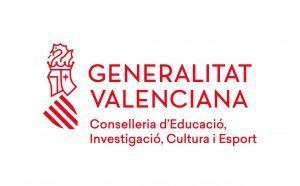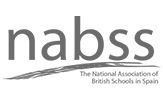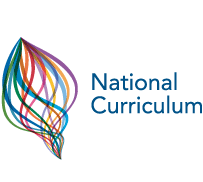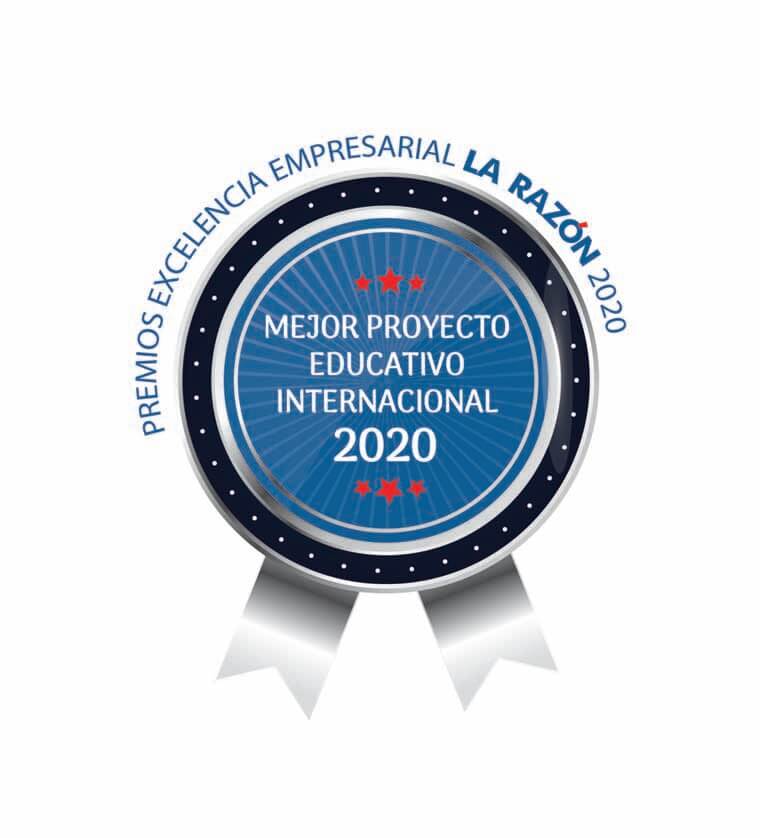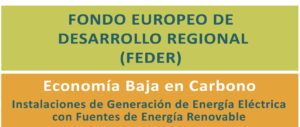The importance of values education
The importance of educating in values during the school years
During the period of compulsory education, a pupil must assimilate certain theoretical knowledge that will form the basis of their own culture, and which will also enable them to develop their future working career. However, these years are also fundamental for acquiring ethical values.
The importance of educating in values lies in the need to instill ethical behavior in our students. At Newton College, the transmission of values forms part of all our academic plans, and we also reinforce this educational aspect through Service as Action processes, through which our students see the value that they themselves can contribute to society.
Why it is important to educate in values
Values education focuses on the transmission of concepts and practices related to the moral and civic sphere. A person who is immersed in a learning phase must see him/herself as part of a group in which he/she has influence, and in which he/she can develop a series of civic behaviors. Conversely, it is also important for a learner to be aware of the consequences of negative behavior in his or her own environment.
The importance of educating in values lies in the possibility of establishing a foundation that will be fundamental for their future. Obviously, our pupils will have absolute freedom when it comes to making their own decisions and facing their future, however, for our school it is important that, in order to make these decisions, they have an ethical base based on values that will allow them to be conscious and responsible citizens.
The formation of values is the work of all those involved in a child’s education, including the family, but at Newton College we are aware that the school plays a fundamental role in this process, because the school is an essentially social environment, in which the pupil puts values into practice on a permanent basis.
The Service as Action (SaA) concept as part of their education
The International Baccalaureate Diploma (IB Diploma) represents the culmination of their pre-university education. Our students obtain this certificate after acquiring all kinds of technical knowledge, but they also assimilate other skills that go beyond academic training.
To obtain the IB, it is essential to provide community service, which serves to reinforce the student’s perception of their personal impact on their own environment. This activity is based on Service as Action processes.
What is the Service as Action concept? It is a practical teaching model, in which the learner is involved in learning through real activities. In this case, the SaS method includes a series of services to the community, which try to reinforce the values transmitted in the classroom.
We start from two objectives: on the one hand, we want our school to be part of the environment, helping different causes that are present in our area. On the other hand, we want our students to perceive the importance of being involved as active citizens, whose actions will have a real impact on other people.
The community activities that form part of our programmes allow students to put into practice the values they have learned in the classroom.
For our teaching team it is important that students perceive their learning process as a permanent pathway that does not end once the school term is over, the same objective we seek with this type of activities, we want the student to not perceive SaS activities as an obligation or a necessary step towards obtaining the International Baccalaureate diploma, what we seek is that this is the first step towards a long-term process.
To educate in values is to prepare them for adult life
Our daily lives require us to make many decisions on a daily basis, many of these decisions have ethical implications, and therefore, we continually assess the consequences of our actions in terms of our own civic-mindedness.
A child or adolescent is learning on a daily basis that his or her decisions will have consequences, both personal and for others, and that the decisions he or she makes must conform to his or her own value system.
The process we know as values education is one of the most important aspects of preparing them for their adult life. Obviously, during their early years and adolescence, they will already begin to put certain values into practice, but the learning process is focused on their future, and on the possibility of them becoming responsible, conscientious and involved citizens in a society that depends on them.
Values from a personal responsibility point of view
The implementation of values is based on personal choices, so it is important that pupils not only learn a set of behaviors based on ethics, but also that they have a clear notion of their implementation based on their own choices.
Maturing means making decisions and being consistent, our commitment as educators is also based on teaching our students that the decisions they make from an ethical point of view will have both negative and positive repercussions, and that they will influence other people. Once they have completed their academic training at our school, they will have to put into practice their own scale of values as part of their relationship with the society around them.
Newton College, the most complete educational programme
At Newton College we develop an educational programme based on bilingualism and the necessary knowledge, so that they can face the university stage with the appropriate knowledge. However, our programmes include educational aspects that go beyond the assessable curriculum, and of course, the teaching of ethical values forms part of the teaching process at our center.
From a non-denominational and liberal point of view, at Newton College we insist on the importance of putting values into practice in our environment, and the influence that ethical teaching has on the future of our students.



